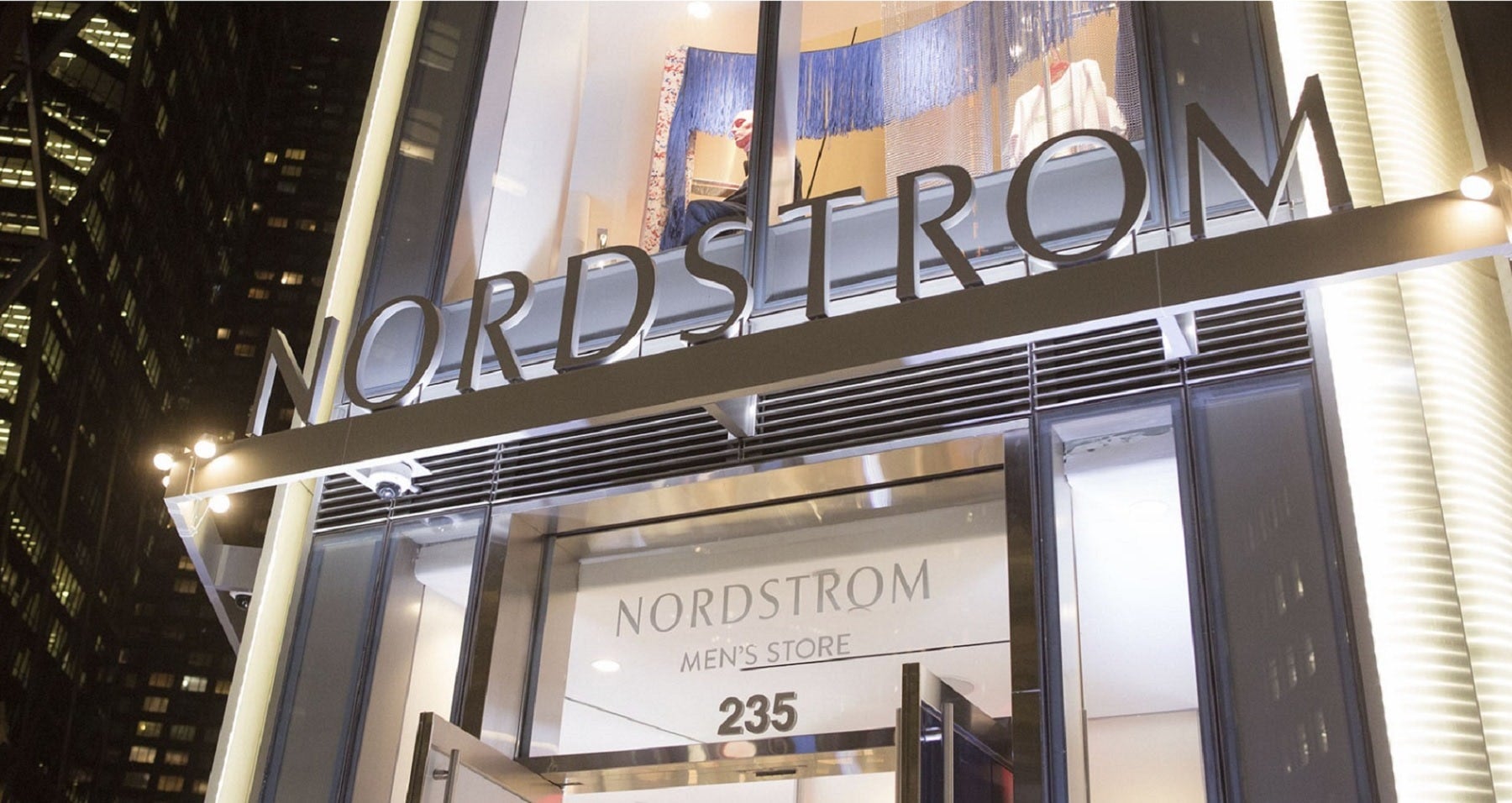
For nearly a decade, the Nordstrom family has been vying to escape the scrutiny of the public market and take their namesake company private.
An $8.4 billion offer in 2017 was rejected by Nordstrom’s board as too low. Now, chief executive Erik Nordstrom and his brother, executive vice president Pete Nordstrom, are trying again. On Wednesday, they submitted a plan to take the company private at $23 a share, or $3.8 billion, with the backing of Mexican retailer El Puerto de Liverpool. A special board committee will review the proposal.
It’s a sign of how far the department store chain’s fortunes have fallen that a bid valuing Nordstrom at less than half its perceived valued seven years ago even has a shot of success. Many brands that were once top draw at the retailer’s nearly 100 stores now prefer to sell directly to their customers, or through online retailers like Ssense and Mytheresa. Two competitors, Saks and Neiman Marcus, are in the process of merging, and Macy’s is expanding its luxury Bloomingdale’s chain.
Last year, Nordstrom generated $14.2 billion in net sales, down 6 percent from a year prior and 8 percent from 2017, when the last take-private bid failed. The fastest-growing part of the company is its off-price Rack chain, rather than its core luxury department store business.
For the Nordstroms, whose great-grandfather founded the chain in 1901, going private would be an opportunity to take on the competition and invest in long-term strategies without having to worry about delivering sales and profit growth every quarter.
“As a private company, they can say, ‘We don’t care if we don’t make profit for the next five quarters, what we really care about is getting stores back on track,’” said Neil Saunders, managing director and retail analyst at GlobalData Retail. “As a public retailer it’s hard to do that.”
Nordstrom shares ended Wednesday down slightly at $22, though up nearly 30 percent since the Nordstrom family first showed interest in taking the company private in April.
The Perks of Going Private
The merger would be financed through a combination of equity and cash, as well as $250 million in new bank financing, according to the offer announcement Wednesday. Should the proposal be accepted by the special committee of independent directors, the Nordstrom family’s stake would be bumped from 33.4 percent to 50.1 percent of the company, with Liverpool, which already owns a 10 percent stake, owning 49.9 percent.
Jefferies analyst Ashley Helgans published a note Wednesday deeming the offer “fair” in light of the company’s recent circumstances.
While the bid’s prospects are cloudy, on one thing most parties would agree: the company’s stores are in desperate need of a transformation, said Saunders.
“Nordstrom used to be exceptionally good in terms of executing on the sales floor,” he added. “Now it’s quite mediocre.”
Remodelling stores alone won’t be enough; Nordstrom will need to find the right product mix to bring people in the newly polished doors. That’s the strategy being deployed at Macy’s, which fended off a private equity-backed takeover bid earlier this year. The chain is bringing in new brands and investing in private label offerings. It’s also closing underperforming locations and opening new, small-format and luxury-oriented stores. Investors remain sceptical: Macy’s shares are down 23 percent this year.
Not investing quickly enough in Rack stores was one of the retailer’s missteps. The retailer did not prioritise strong merchandising and did not create a “treasure hunt” experience for customers, Saunders added. As inflation has caused consumers to become pickier about where they shop, big off-price chains like T.J. Maxx that have perfected the format are outperforming conventional multi-brand stores.
In a March 5 earnings call, executives told investors that the company was rapidly expanding Nordstrom Rack, the business’ better-performing arm, by opening 19 new stores in 2023 and with plans to open 24 more this year. In the company’s second-quarter earnings report, net sales for Nordstrom Rack grew by 8.8 percent with comparable sales increasing by 4.1 percent.



